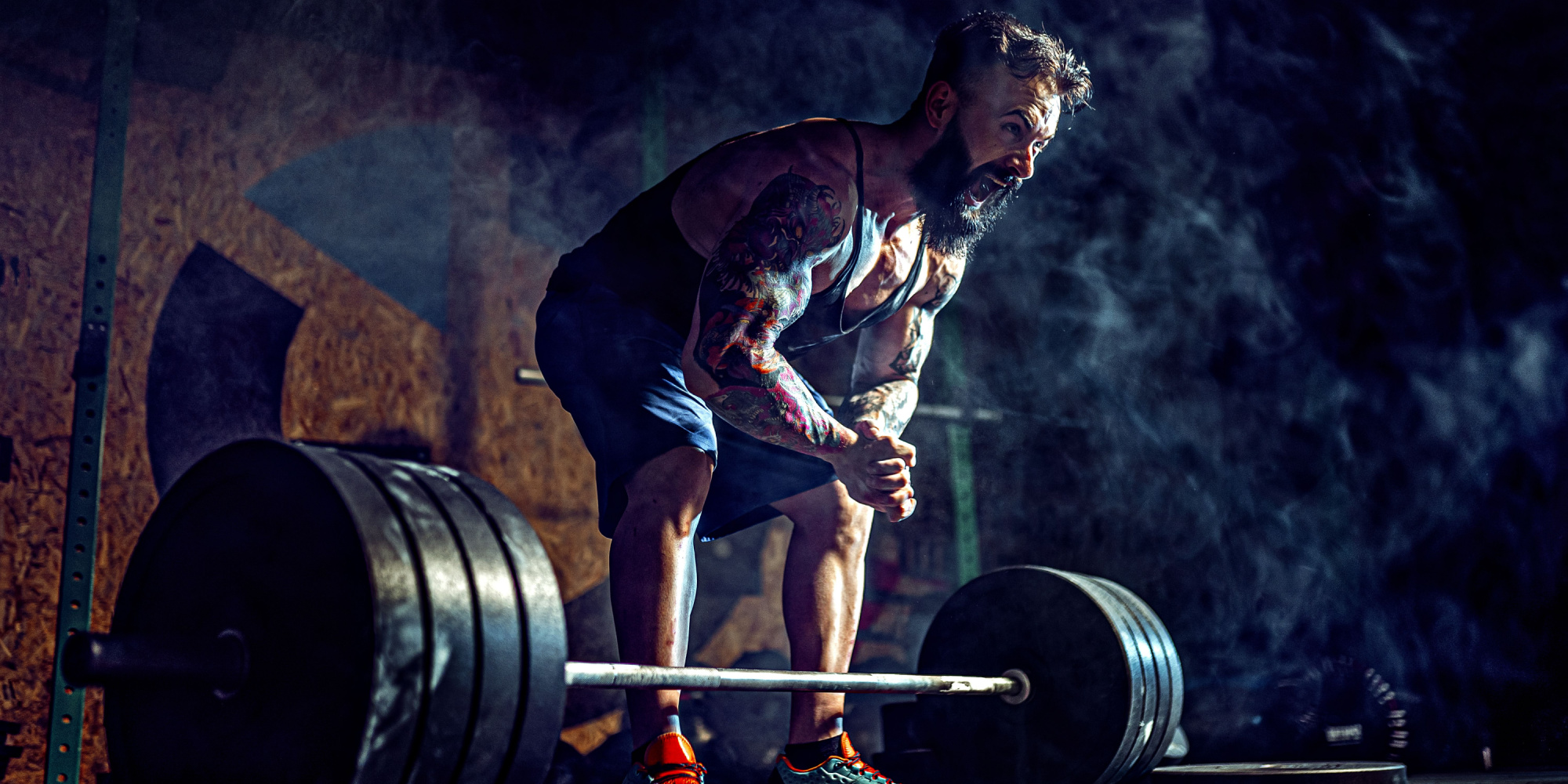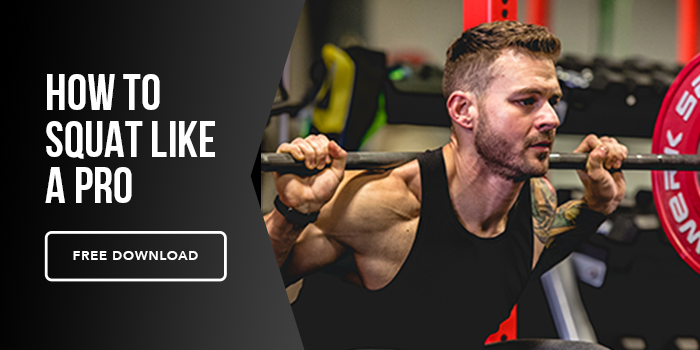I love lifting heavy, and if you’re reading this post, or have been a huge fan of Mind Pump, you probably feel the same way.
Lifting heavy has many benefits that I’ve learned to appreciate over the years. I’ve seen people, young and old, use heavy lifting to fight and reverse muscle mass loss, and gain lean muscle mass at a rate that far exceeds those who lift lighter weights and do mostly cardio. With an increase in muscle mass, people also see an increase in bone mineral density, which can help prevent or reverse osteoarthritis or osteoporosis.
As a heavy lifter, you’ll likely see improvement in tendon health as well. Tendons are connective tissue that attach bone to muscle. We often neglect how important tendon health is, but strong tendons can often help prevent or decrease the likelihood of sustaining an injury.
Not to mention, lifting heavy has its mental benefits as well. Studies show that resistance training at heavy loads can reduce anxiety, improve confidence, and even enhance cognitive function.
With so many positive benefits that come with heavy lifts, does this mean it is good for everyone? Not necessarily.
As much as I love advocating for resistance training, and pushing my clients to lift heavy loads, it is not for everyone. Or at least, not for everyone at that time.
If you are new to weight lifting, and would consider yourself a novice in the training space, I would not recommend lifting heavy. However, this does not mean I wouldn’t recommend resistance training altogether.
Heavy resistance training is lifting at 85 to 90% of your 1 rep max. If someone’s main goal is to get stronger, and they’ve been working out consistently for at least a year, this is something I would recommend if they want to start getting stronger in their lifts. But for someone who is new to resistance training, lifting as much as possible shouldn’t be the main goal.
As a novice, your main priorities would be to dial in on proper mechanics, and establish a routine that will keep you working out on a consistent basis. If you aren’t able to make lifting a habit, it is so much harder to progressively overload and get to the point where you can lift heavier. When you are lifting on a regular basis, and can properly execute exercises in a 12 to 15 rep range, then we can start to slowly increase the load on your lifts. But starting off, lifting heavy is not for newbies.
Another group that doesn’t need to be lifting heavy are those who have recently sustained an injury. Even if you are an experienced lifter, there is no need to be lifting at the same resistance as you did pre-injury. Depending on the type and severity of the injury, this timeline will look different from person to person, but rehabilitation and rebuilding on some foundational movements are more important than striving for that 1-rep max.
With some time–and patience–those who do want to lift heavy can eventually do so if their injuries heal properly, but it is not something I would recommend right away. Some resistance training is fine, but this should be done at a higher rep range and lower resistance. In fact, doing so can help them achieve heavier lifts in the long-run, because the time was taken to properly overload the muscle and tendon, to the point where they are being challenged and overloaded, but not overstressed.
As for those who are older in age, as long as you are in primed, are an experienced lifter, and don’t have current injuries, I find no issue in lifting heavy. Can older adults lift as much or as often as their younger counterparts? Probably not, but that doesn’t mean a senior can’t lift weight that would be deemed heavy.






